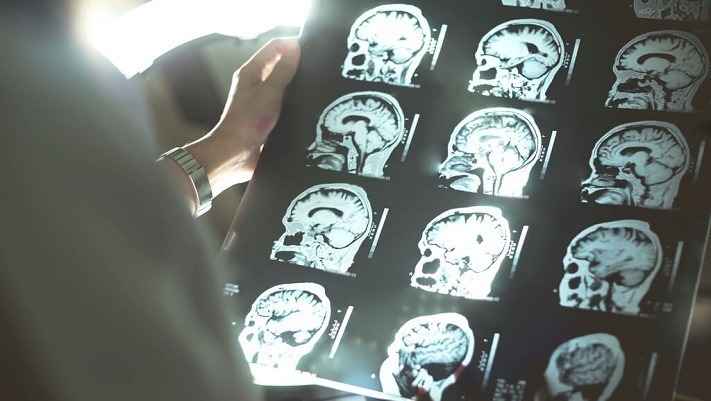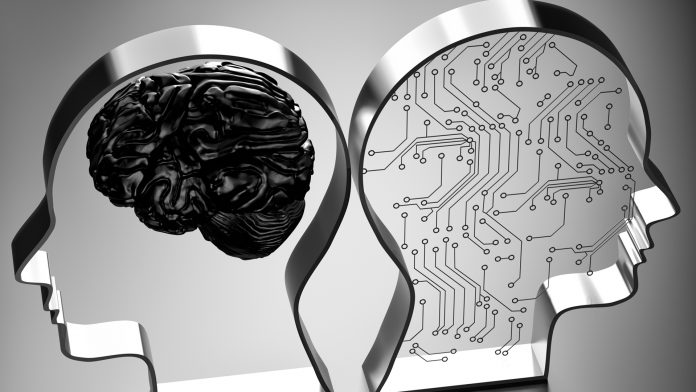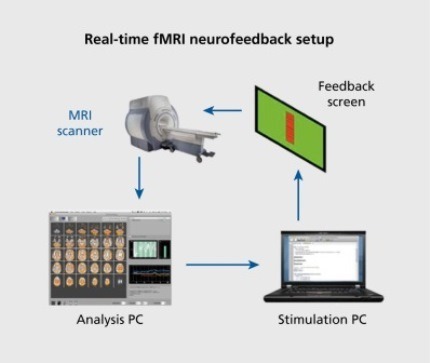Posts Tagged ‘functional magnetic resonance imaging’
Five thoughts to think about when thinking about the speed of thought
As inquisitive beings, we are constantly questioning and quantifying the speed of various things. With a fair degree of accuracy, scientists have quantified the speed of light, the speed of sound, the speed at which the earth revolves around the sun, the speed at which hummingbirds beat their wings, the average speed of continental drift…. These…
Read MoreFlexibility is good except when it isn’t: Study finds how scientists can reach different conclusions analyzing the same brain scans
Neuroimaging: Many Analysts, Differing Results (Dana Foundation): For decades, both the research and medical communities have relied on neuroimaging tools like functional magnetic resonance imaging (fMRI) to give them a window into the living human brain. Such scans have provided unprecedented insights into the brain’s structure and function – and the field, as a whole,…
Read MoreMachine-learning study finds EEG brain signatures that predict response to antidepressant treatments
– Brain-wave pattern can identify people likely to respond to antidepressant, study finds (Stanford Medicine press release): “A new method of interpreting brain activity could potentially be used in clinics to help determine the best treatment options for depression, according to a study led by researchers at the Stanford School of Medicine. Stanford researchers and…
Read MoreNeuroimaging study finds extensive brain rewiring–in just six months–among illiterate adults learning to read and write
— Learning to read and write rewires adult brain in six months (New Scientist): “Learning to read can have profound effects on the wiring of the adult brain – even in regions that aren’t usually associated with reading and writing. That’s what Michael Skeide of the Max Planck Institute for Human Cognitive and Brain Sciences…
Read MoreStudy: Harnessing fMRI neurofeedback to enhance attention and cognitive potential
. Real-time brain feedback reduces attention lapses (News at Princeton): “In an article published online Monday by the journal Nature Neuroscience, researchers at Princeton University describe a study that shows training people using real-time feedback from their own brain activity can reduce the frequency of attention lapses and improve their ability to sustain attention.
Read More




